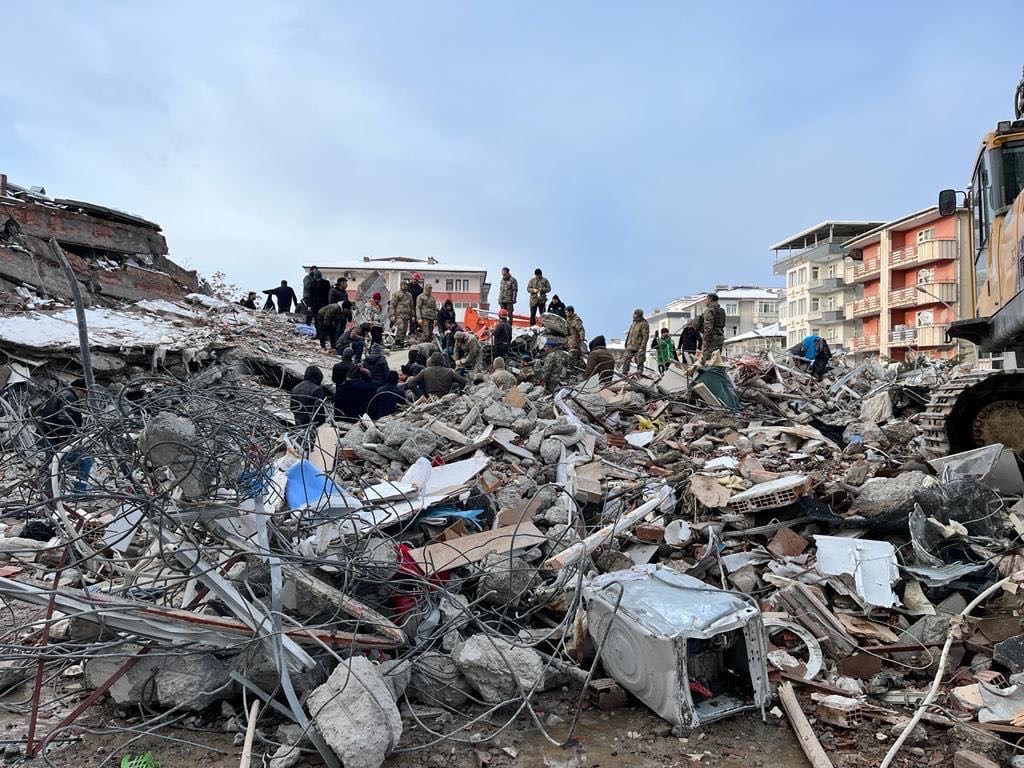Beirut, February 11 Syrian President Bashar al-Assad took part in a multi-party meeting in the northwestern city of Aleppo to discuss how to approach the transition from an “emergency” response the earthquake to a recovery phase, the presidency of the Arab country reported today.
“Five days have passed since the devastating earthquake that struck Syria and now there is a need to move from the first emergency response launched by the state and society, to an organized response to deal with the repercussions and effects of the earthquake,” the presidential body said. explain. it is a statement.
Al Asad and members of the Aleppo Operations Chamber, made up of NGOs, business entities and government agencies, discussed the issue during a meeting in the city, where the Syrian president yesterday made his first public appearance since the tragedy last Monday.
Local response coordination officials explained to the President and First Lady, Asma al-Assad, the ins and outs of the mechanism that was launched in the first moments of the disaster, as well as the scale of its impact on buildings and in terms of human losses.
According to the note, the leader urged those present to “think analytically” so that a plan with projects that can help Aleppo recover from the earthquake disaster will be available “in the coming days”.
This afternoon, Al Asad and his wife are already in the neighboring province of Latakia, stronghold of the Al Asad dynasty with a large Alawite population, an ethical and religious minority to which the president belongs, and also Christian, another key community. for his political efforts.
In the capital of the region of the same name, hard hit by earthquakes, the two visited the injured admitted to Tishreen University Hospital, including a mother and son who were rescued alive yesterday after five days trapped under the rubble, said the presidency in its Twitter account.
The Syrian government has declared “disaster zones” to areas under its control hit by earthquakes in Latakia, Aleppo, Hama and Idlib, the four provinces most affected by a disaster that has already claimed 3,553 lives and 5,276 throughout Syria, including areas held by the opposition. EFE
sr-njd/rml

